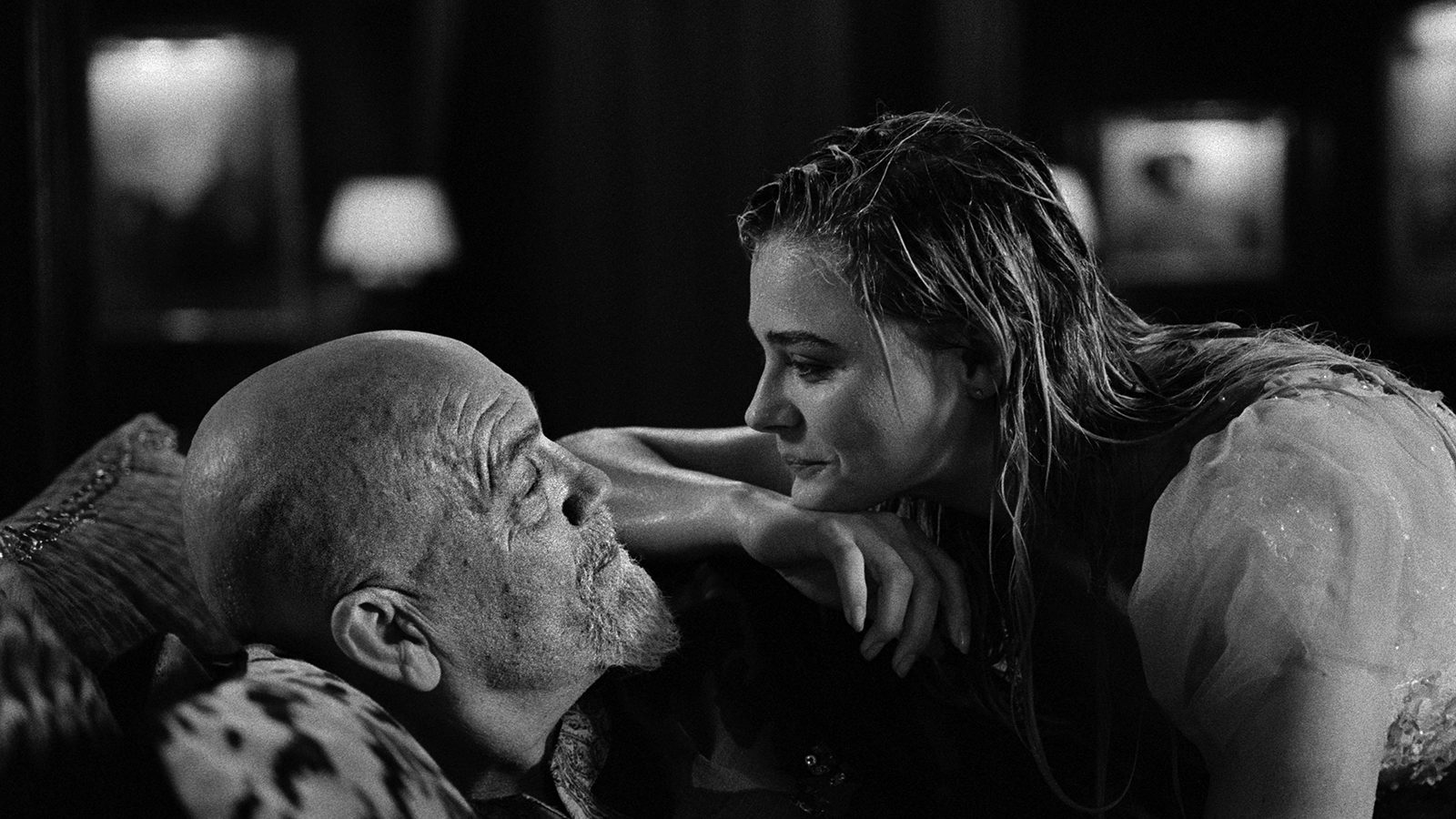
Short Take: I Love You, Daddy
The undisguised perversity in the title of Louis C.K.’s new film bespeaks its general tenor of depravity and self-awareness. Playing a half-fictionalized version of himself, a TV writer-producer-director named Glen Topher, C.K. sketches the tortured relationships with the women in his life, including his spoiled, scantily clad teenage daughter (Chloë Grace Moretz); opinionated and aggressive ex-girlfriend (frequent collaborator Pamela Adlon); producing partner (Edie Falco); and new actress lover (Rose Byrne). Shortly after Glen signs on for a new network TV show, he meets an august filmmaker (a stupendously droll John Malkovich)—an artist he looks up to, but also a rumored pederast who begins to pursue his daughter. Glen’s confidence and productivity plummet.

Glen, like C.K.’s character in Louie, provides a scaffold from which to comment on his work and real-life identity while also expanding on his larger preoccupation with creating melancholic, deeply dark-humored autobiographical work as a mode of personal therapy and cultural criticism. The enjoyment factor heavily depends on one’s level of sympathy toward the overall Louis C.K. project. Although the film’s all-penetrating self-doubt—which anticipates any external criticism that might be directed at it—limits the emotional potency of such a personal drama, there are genuine moments of levity throughout, touching on poignant ideas about the role of the artist and the value of art, aided by the grainy, high-contrast black-and-white 16mm by regular C.K. DP Paul Koestner.







